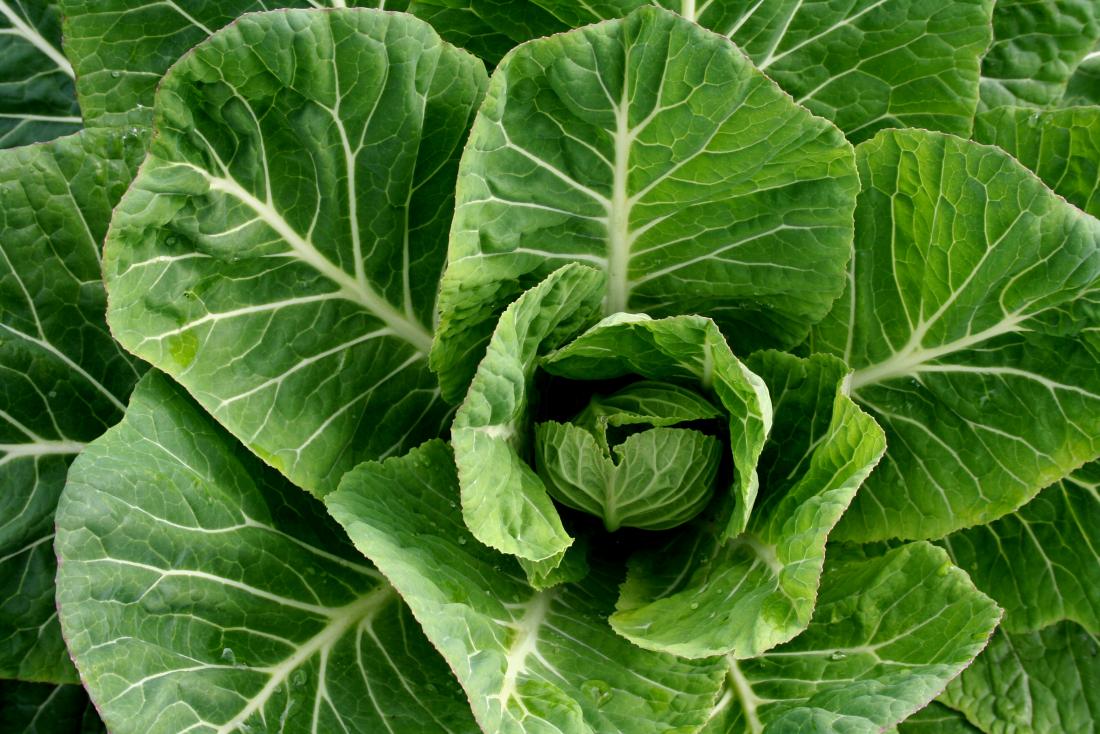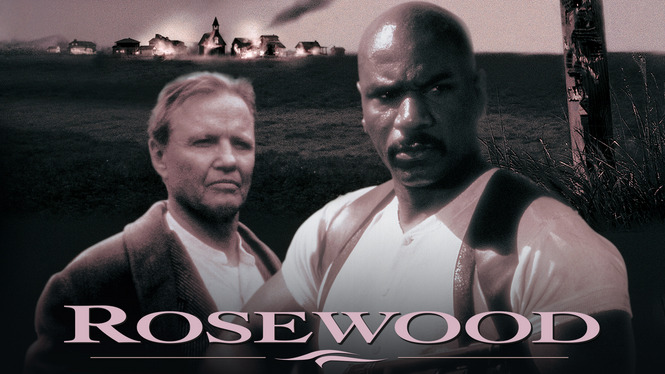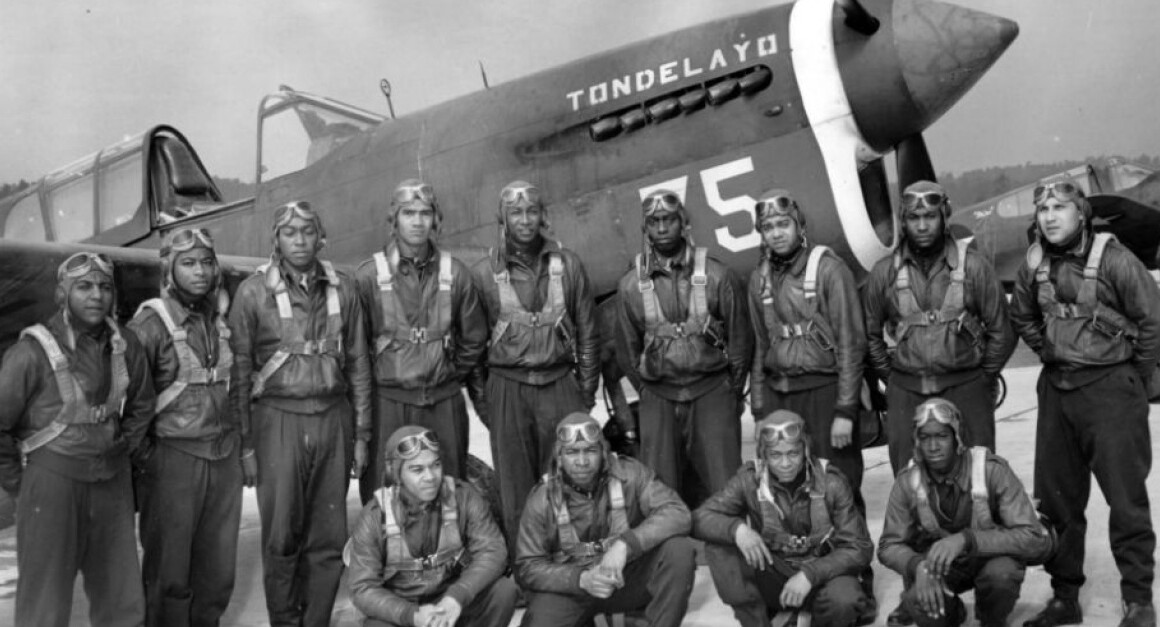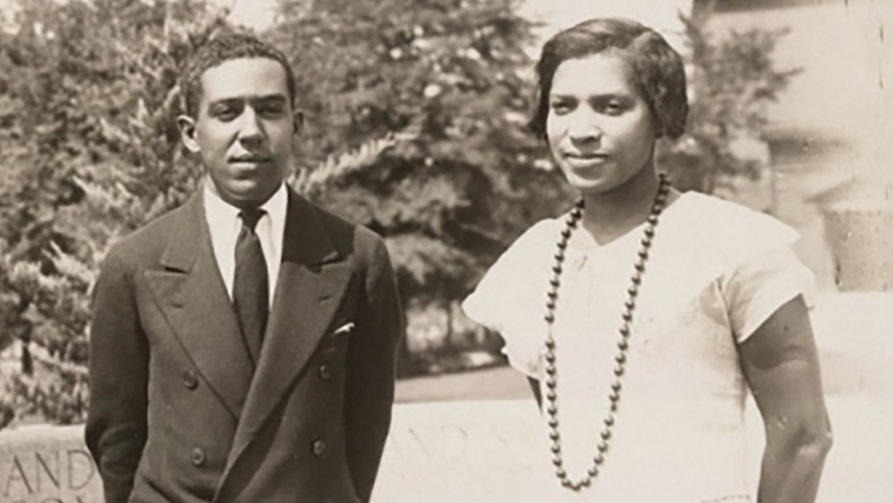THE “BLACK CODE” OF LOUISIANA
March, 1724
Louis, by the Grace of God, King of France and of Navarre, to all present and to come, greeting. The Directors of the Company of the Indies having represented to us that the Province and colony of Louisiana is considerably established, by a large number of our subjects, who use slaves for the cultivation of the lands. We have Judged that it behooves our authority and our Justice, for the preservation of this colony, to establish there a law, and certain rules, to maintain there the discipline of the Catholic Apostolic and Roman Church, and to order about what concerns the state and condition of the slaves in the said Islands, and desiring to provide for this, and to make known to our subjects who inhabit there and who shall settle there in the future, that although they inhabit climes infinitely remote, We are always present, by the extent of our power and by our application to succor them. Actuated by these causes and others, by the advice of our Council, and by our certain knowledge, full power and Royal authority, We have said, decreed, and ordered, We say, decree, and order, wish and it pleases us, the following.
ARTICLE I orders that the edict of 1615 be applied to Louisiana, and that all Jews who may have established their religion there be expelled within three months, under penalty of confiscation of body and property.
ARTICLE II orders that all slaves in the province be instructed and baptized in the Catholic religion.
ARTICLE III forbids the exercise of any other religion than the Catholic.
ARTICLE IV forbids the employment of any overseer who shall not be a Catholic, under penalty of confiscation of the negroes and punishment of the overseer.
ARTICLE V Orders Sundays and holidays to be regularly observed, and forbids all work by master or slaves, under penalty of confiscation of slaves and punishment of masters. The slaves, however, may be sent marketing.
ARTICLE VI forbids marriage of whites with slaves, and concubi-nage of whites and manumitted or free-born blacks with slaves, and imposes penalties.
ARTICLE VII orders to be observed, for marriages of free persons as well as of slaves, the solemnities of the ordinance of Blois and of the edict of 1639. The consent of the parents of the slave is not necessary, but only that of the master.
ARTICLE VIII forbids curates to celebrate marriages of slaves without consent of the masters, and forbids masters to force their slaves to marry against their will.
ARTICLE IX enacts that children born from the marriages of slaves shall belong to the master of the mother.
ARTICLE X enacts that if the husband be a slave and the wife a free woman, the children shall be free like their mother. If the husband be free and the wife a slave, the children shall be slaves.
ARTICLE XI orders that master shall have baptized slaves buried in consecrated ground; those who die without being baptized to be buried at night in a neighboring field.
ARTICLE XII forbids slaves to carry offensive Weapons or heavy sticks, under penalty of the whip and confiscation of the weapons in favor of the person seizing them. Slaves that are sent hunting by their masters, and carry notes or known marks, are excepted.
ARTICLE XIII forbids slaves belonging to different masters to assemble in crowds, by day or by night, under pretext of weddings or other causes, either at one of their masters or elsewhere, and still less on the highways or secluded places, under penalty of corporal punishment, which shall not be less than the whip and the fleur-de-lys; and in case of repetition of the offense and other aggravating circumstances, capital punishment may be applied, at the discretion of the Judges. It also commands all subjects of the King, whether officers or not, to seize and arrest the offenders and conduct them to prison, although there be no Judgment against them….
ARTICLE XVII orders seizure of goods that are offered for sale by slaves without permission or mark.
ARTICLE XVIII orders officers of the Superior Council to give their advice about the provisions and the food to he furnished the slaves. It also forbids masters to give any kind of brandy in lieu of food and clothing.
ARTICLE XIX forbids masters to abstain from feeding and clothing their slaves, by permitting them to work for their own account on a certain day of the week.
ARTICLE XX authorizes slaves to give information against them masters, if not properly fed or clad, or if treated inhumanly.
ARTICLE XXI orders slaves disabled from working by old age, sickness, or otherwise, to be provided for by their masters, otherwise they shall be sent to the nearest hospital, to which the masters shall pay eight cents a day for each slave, and the hospital shall have a lien on the plantations of the masters.
ARTICLE XXII declares that slaves can have nothing that does not belong to their masters, in whatever way acquired.
ARTICLE XXIIII orders that masters be held responsible for what their slaves have done by their command.
ARTICLE XXIV forbids slaves from exercising public functions, from serving as arbitrators or experts, from giving testimony except in default of white people, and from ever serving as witnesses for or against their masters.
ARTICLE XXV forbids slaves from being parties to civil suits or complainants in criminal cases. Their masters shall act for them in civil cases and demand reparation or punishment for outrages and excesses committed against them.
ARTICLE XXVI orders prosecution of slaves in criminal cases in the same manner as for free persons, with exceptions hereafter mentioned.
ARTICLE XXVII Any slave who shall have struck his master, his mistress, or the husband of his mistress, or their children, so as to produce a bruise or shedding of blood in the face, shall be put to death.
ARTICLE XXVIII Outrages or acts of violence against free persons committed by slaves shall be punished with severity, and even with death if the case require it.








